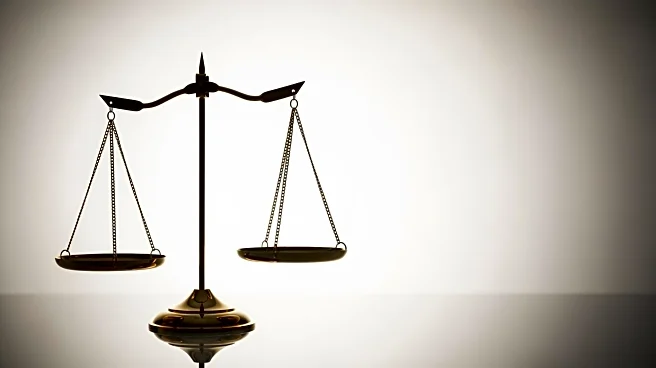What's Happening?
The Organisation for Economic Co-operation and Development (OECD) has released a report highlighting Brazil's inadequate enforcement of anti-bribery laws. The report criticizes Brazil for failing to detect
and prosecute foreign bribery offenses effectively, forcing Brazilian prosecutors to rely on international cooperation, particularly with the United States, to pursue justice. Despite Brazil's significant economic standing, it has only investigated a fraction of the allegations, with many cases involving repeat offenders. The report calls for stronger measures to address these issues, noting that Brazil's judicial system often fails to protect whistleblowers and lacks urgency in prosecuting corruption cases.
Why It's Important?
Brazil's weak anti-bribery enforcement has significant implications for international business and legal cooperation. The reliance on U.S. laws for prosecuting corruption cases underscores the need for Brazil to strengthen its own legal framework. This situation affects Brazil's international reputation and its ability to attract foreign investment, as companies may be wary of engaging in a market with high corruption risks. The report's findings could pressure Brazil to reform its legal system and improve transparency, which would benefit both domestic and international stakeholders by fostering a more stable and trustworthy business environment.
What's Next?
The OECD's recommendations may prompt Brazil to consider legislative reforms to enhance its anti-corruption measures. Increased international pressure could lead to more robust enforcement mechanisms and better protection for whistleblowers. Brazil might also seek to improve its cooperation with other countries in prosecuting transnational corruption cases, potentially leading to more effective global anti-corruption efforts. The report could influence policymakers to prioritize anti-corruption initiatives, aiming to restore confidence in Brazil's legal and economic systems.
Beyond the Headlines
The report highlights the ethical and legal challenges Brazil faces in combating corruption. The lack of effective whistleblower protection and the slow judicial process contribute to a culture of impunity, which undermines efforts to establish a fair and transparent business environment. Long-term, Brazil's failure to address these issues could lead to increased scrutiny from international watchdogs and potential economic sanctions, further isolating the country from global markets.











